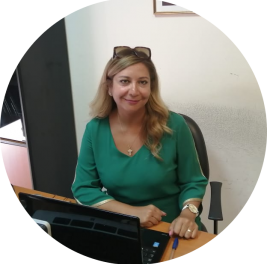
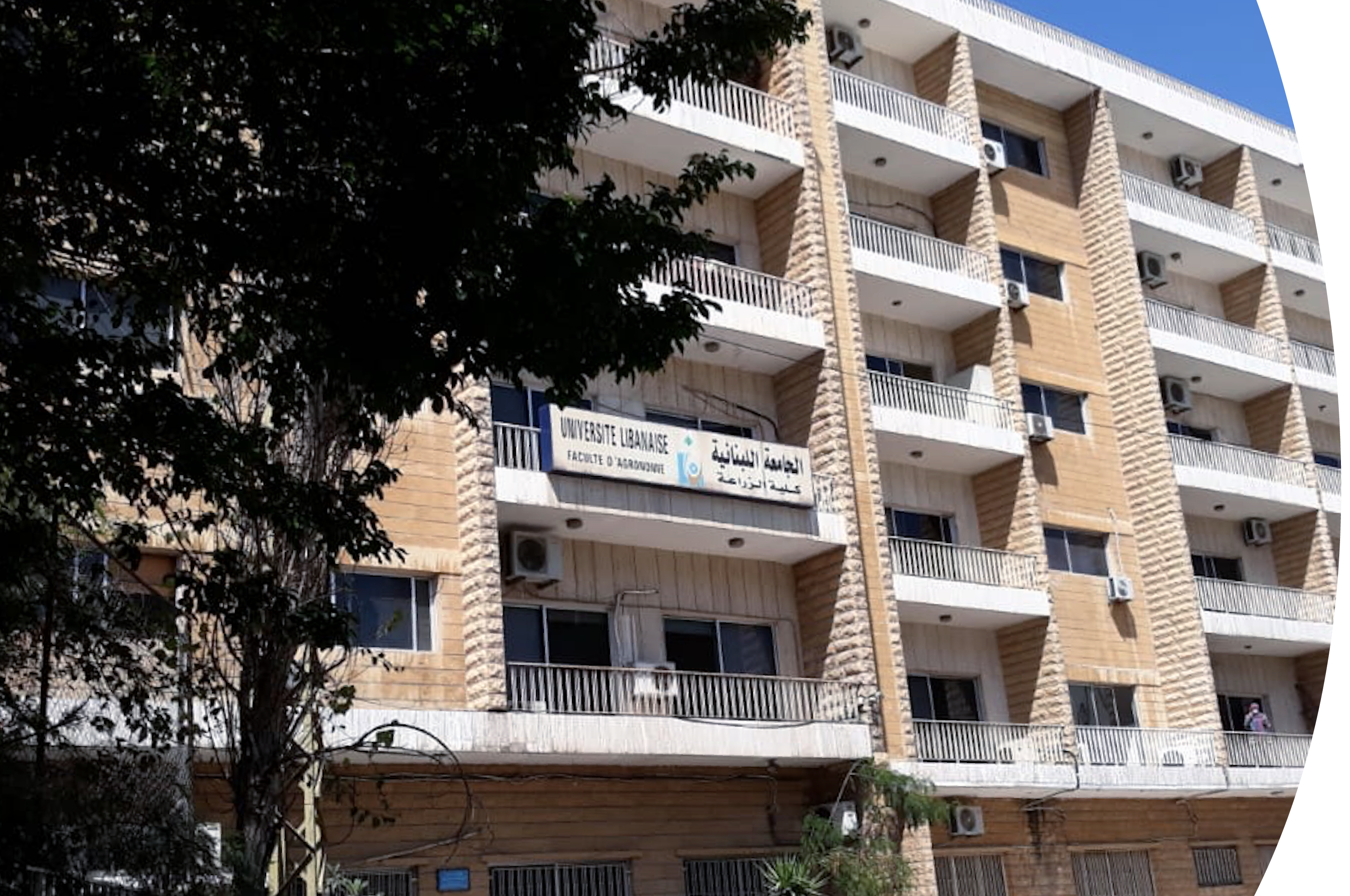

Welcome to our page
The Faculty of Agronomy seeks to prepare qualified human resources to support sustainable agricultural development and preserve healthy ecosystems through scientific and applied research. The Faculty contributes to rural development and community service through productive and on-field activities, to solve agricultural and environmental problems and monitor food safety.
Dean
Dr. Nadine Nassif
The agricultural sector, which has been the mainstay of the food system since antiquity, is faced with new daily challenges, such as environmental pollution, desertification, global warming, water scarcity, etc. Thus, the development of new agricultural policies has become more than necessary to meet such challenges.
In response to the national need for an academic institution in the fields of agriculture, the Faculty of Agronomy was founded by virtue of Decree No. 9306 dated 21/10/1974, to become one of the first faculties of applied studies at the Lebanese University, operating at the beginning of the academic year 1985 - 1986.
At the end of its 36th anniversary, the faculty continues to play a vital role in training highly qualified agronomists and veterinarians in theory and practice and offering training in agricultural sciences and veterinary sciences.
The agricultural sciences field includes the specializations of agricultural economics, environmental engineering and natural resources, landscaping, food science and technology, animal science and technology, and plant protection and production.
The veterinary sciences field includes the specializations of domestic animal medicine, production and farm animal medicine, and quality control of foodstuffs of animal origin.
Ghazir Center, affiliated with the faculty, provides students with hands-on training rich in advanced agricultural and veterinary knowledge.
Since its inception, the faculty has sought to strengthen its cooperation agreements with major European and international institutions in order to develop its specializations. In this context, many of our graduates pursue their studies in European universities, work in agricultural and veterinary institutions abroad, or occupy important positions in the public and private sectors in Lebanon.
Dekwaneh, 23 November 2021
Nadine Nassif
Phone No.:
Successive Deans
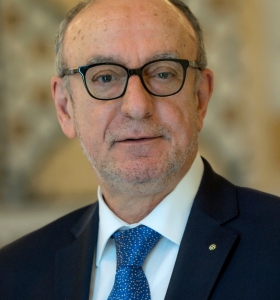
1985 - 1998

30 June 1997 – 30 October 2001
Elias Nasrallah

30 October 2001– 5 June 2002
Mustafa Mroueh

5 June 2002 – 2 November 2004
Ali Moneimneh

2 November 2004 – 14 November 2006
Mustafa Mroueh
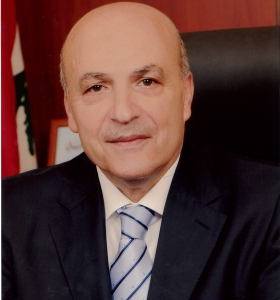
14 November 2006 – 5 November 2008 (he was appointed President of the Lebanese University and assigned the tasks of the Deanship of the Faculty of Agronomy)
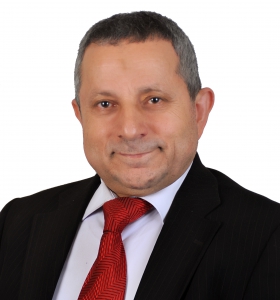
5 November 2008 – 4 September 2014
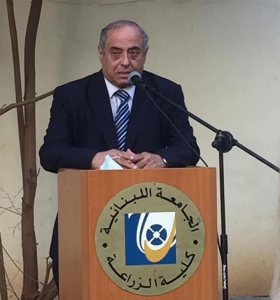
4 September 2014– 28 September 2020
 LU Services
LU Services
 League of Retired Professors
League of Retired Professors
 News
News
 Vacancies
Vacancies
 International Relations
International Relations
 Contact Us
Contact Us
 Email
Email

